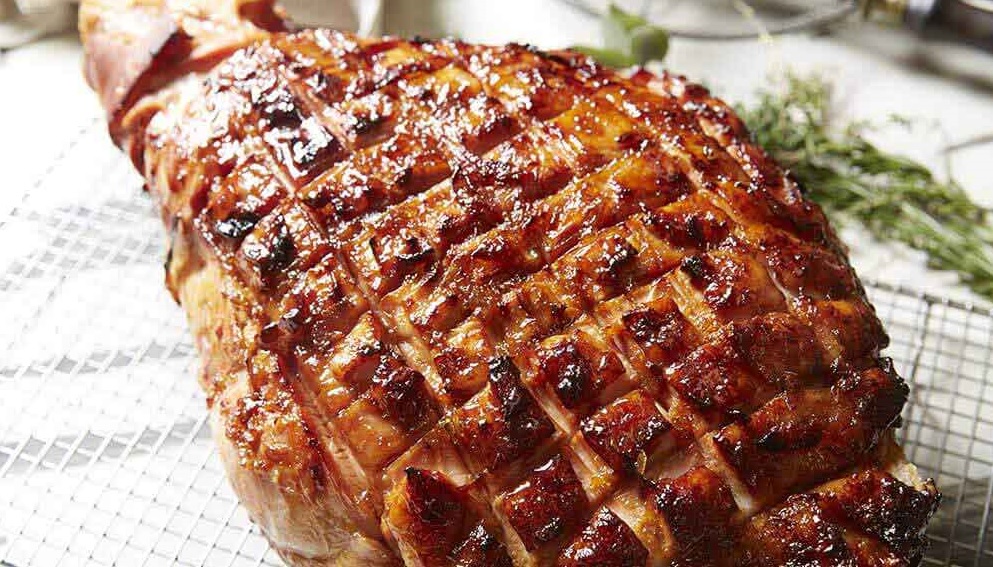New Zealand farmers and primary producers received an early Christmas present from the Government, with the passing of the Consumers’ Right to Know (Country of Origin of Food) Act.
The new Act means the country or place of origin of selected regulated food must be disclosed by referring to where it was grown, caught, or raised, rather than simply where it was packaged or processed. Regulated foods include fresh or frozen fruit, vegetables, meat, fish and seafood products that are minimally processed. The Act also makes special provision to include cured pork.
To avoid having the legal requirements for country of origin labelling spread across several Acts, on the recommendation of the Primary Production Select Committee, the Minister of Commerce and Consumer Affairs will establish the new country of origin of food regulations under the Fair Trading Act.
NZ Pork says the new legislation will provide a welcome boost for local farmers by making it much easier for Kiwi consumers to choose to buy local produce.
NZ Pork Chairman Eric Roy says New Zealand’s commercial pork industry, which has been inundated by a flood of imported pork, will be particularly heartened by the news.
“It’s a great pre-Christmas present for hardworking local farmers. Although Kiwis tell us they prefer to buy born and raised in New Zealand pork, bacon and ham, it is often very difficult to tell from current labelling where a product comes from,” says Roy.
Lack of information
“Lack of information on country of origin of pork, bacon and ham has been a significant contributor, we believe, to the growth of sales of imported pork – many people are surprised to learn how much imported product is consumed in this country.”
While around 60% of pork consumed in New Zealand is imported, for cured pork products like bacon and ham, the proportion of imports is up to 85%, with products often marketed as ‘made in New Zealand from imported and local ingredients’.
Almost all imported pork (94%) comes from countries whose production systems would be illegal in New Zealand. Yet New Zealand has no authority to require that imported pork meets the welfare standards required of our New Zealand producers.
“This legislation will help to level the playing field for local producers and give consumers a fair opportunity to choose where the food they buy for their families comes from,” says Roy.
“It may also help manage some of the bio-security risks the industry has identified, associated with imported pork.”
Pork is currently imported into New Zealand from more than 25 countries around the world, including China, Poland and Estonia, as well as Denmark and Spain. Earlier in the year, NZ Pork sounded the alarm on the risks to the local industry of importing pork from these countries, all of which have reported outbreaks of the deadly African Swine Fever virus.
Once the country of origin regulations are gazetted, producers and retailers have up to six months to meet labelling requirements for all included foods, except for frozen products, for which labelling requirements need to be met in 18 months – to reflect their longer ordering and storage time.



